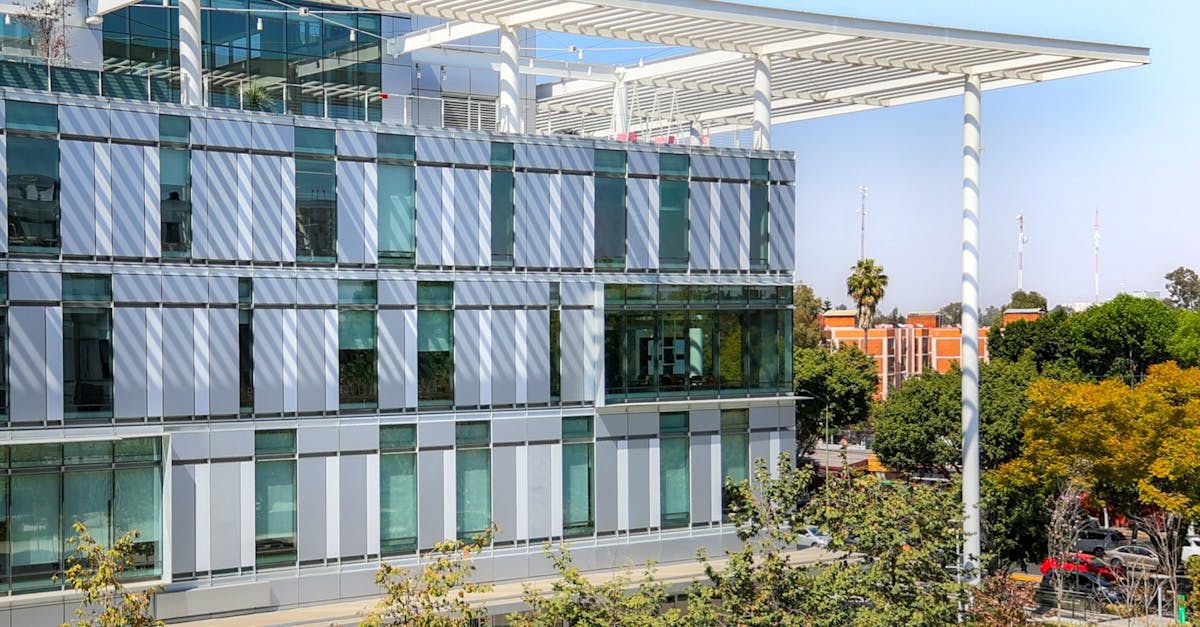
The latest news about bar associations and legal communities reveals a dynamic landscape marked by leadership changes, technological advancements, and ongoing educational initiatives. This article explores recent developments from various state bar organizations and notable events shaping the profession. It offers insight into how these entities support their members, adapt to emerging trends, and continue to influence the legal field.
Leadership Transitions and Member Engagement
Recent months have seen significant leadership changes in several bar associations, signaling fresh directions and priorities. For example, Sean Lebowitz was sworn in as the 65th president of the South Palm Beach County Bar Association, bringing new focus to local legal initiatives.
Similarly, the Cleveland Metropolitan Bar Association (CMBA) has introduced bold plans to enhance member engagement through innovative programming such as their Leadership Academy and volunteer opportunities. Their latest publications highlight efforts to promote attorney wellness and collaborative family law, reflecting the broader commitment to supporting members professionally and personally.
The Illinois State Bar Association (ISBA) has announced key judicial vacancies and bolstered member services, including hosting networking and educational events like the upcoming “All Bar Social” co-sponsored with the Chicago Bar Association’s Young Lawyers Section. These gatherings foster community and professional development among attorneys of all experience levels.
Technological Developments and Legal Scholarship
Technology continues to play a pivotal role in reshaping legal practices and administration. For instance, the State Bar of Nevada issued new administrative orders addressing operational procedures, demonstrating responsiveness to current courtroom and client service needs.
Legal scholarship also remains vibrant, with practitioners contributing to specialized areas. Robert D. Peltz recently published a critical analysis in maritime law, questioning long-standing arbitration frameworks. This kind of scholarly work helps advance legal understanding and addresses evolving challenges in specific practice areas.
Additional recognition of professional excellence is evident as members of various bar groups receive appointments and certifications, such as inclusion in the Florida Fellows Institute of the American College of Trust and Estate Counsel and reappointments to technology commissions. These honors reflect ongoing expertise development and leadership within the profession.
Conclusion
Recent news within bar associations across the United States underscores a profession that is actively evolving through new leadership, enhanced member engagement, and a strong embrace of education and technology. These developments emphasize the commitment of bar organizations to not only support their members but also adapt thoughtfully to the changing legal environment. As these entities continue to implement innovative programs and respond to emerging issues, they reinforce their critical role in shaping the future of law practice.